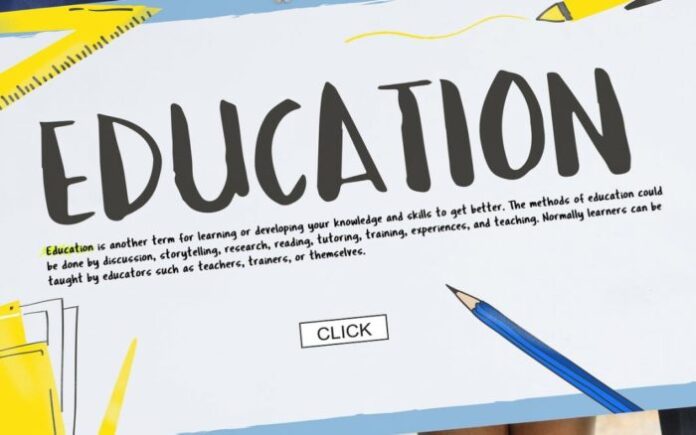Your resume is one of the most important documents you’ll ever have in your life. At its core, a resume is a marketing tool: it highlights your skills, education, experience and accomplishments. However, having a resume is not the end of the road – you must constantly revise and tweak your resume to any job you intend to apply for.
One of the greatest resume dilemmas occurs when your skills and education, at a glance, do not match the requirements of the job on offer. Here are four scenarios when it may not be advisable applying for a job.
- When you have no passion or interest in the field
- You do not possess at least half of the skills listed
- Your job experience is way below the requirement. For instance, an entry-level person applying for a senior position may be considered ludicrous.
- You know deep down you don’t have the expertise or experience to do the job.
However, aside from some of the reasons listed above, you should take a stab at any job opening. According to resumebuild.com, your resume is a “living organism” that can morph to fit different requirements. Here are a few tips to showcase your skills and education properly to arrest the attention of any hiring manager.
Understand the Job Posting

Job postings often have a common outline. These include:
- Background of organization
- Job title/Job description
- Requirements (skills, education, experience)
- How to Apply
Depending on the organization and where the job is listed, the information given on the job may be scanty. That’s why you should be ready to dig further. Scour the website of the organization and read more about the job. If feasible, follow and read on the person who previously held the post. It might let you know what your potential employers may be looking for or looking to move away from.
Follow the people in similar positions on social media and on professional networking sites such as Linkedin. If they have a blog, become a subscriber and read their posts. You’ll learn a thing or two about the nitty-gritty of the job and what you can expect.
Find out more about the prevailing company culture and whether it’s in line with your personal preferences. This would help you in crafting your soft skills. Take the time to read on and understand the vision and the mission of the organization. Consider their future plans and see if you can be part of that future.
Start With Your Resume Summary

Your resume summary is the first thing a hiring manager is likely to set eyes on. Your guess is as good as mine – if you don’t nail it in the summary, you might as well forget about the job.
Also known as the professional summary, the resume summary consists of three to five hard-hitting sentences. They highlight, in a few words, what sets the applicant apart from the rest. With many companies resorting to the use of an Applicant Tracking System (ATS) that weeds out irrelevant applications, your resume summary should have keywords and data relevant to the job. And, a summary should not be written in the first person, as it reduces its bite and gives the entire document and unprofessional feel.
Highlight the Most Important Skills

As mentioned earlier, an ATS system screens applications for keywords pertinent to the job description. For instance, a job posting on digital marketing may have keywords such as SEO, SEM, Google Adwords, etc.
Start by making a list of the most important skills for the opening. Such job listings include mandatory skills and desired skills; take note of them. You can search for similar jobs on job sites such as Indeed and compare the skills required – there is always some kind of overlap.
To be thorough, you can ask for advice. From your college alumni, consultants, people who previously held the post to Linkedin contacts, there are many options to learn from. Their advice may end up keeping you away from the rejection pile and land you an interview.
Next, consider your own skills. Make a comprehensive list of all the skills you have acquired. There are three types of skills. They are:
- Transferable Skills: These are skills that can be used for many kinds of jobs. Examples include writing, sales and computer literacy.
- Job-related Skills: These skills are specific only to a certain trade. Think of programming languages such as Python and Java.
- Adaptive Skills: These skills are personality and character-related skills. Examples are creativity, diligence and the ability to learn new things.
Set it side by side with the skills requisite from the job and compare and contrast. There should be an overlap of a few skills, even if the wording is different. Highlight these skills in your resume.
Highlight Your Education

Depending on your level and quality of education, highlighting your educational background in a resume can be tricky. Here are a few general tips for you.
For starters, you don’t have to list all your education if it’s not relevant to the job listing. Focus on the most important, give it emphasis and add the training seminars you attended. If your education was completed more than ten years ago, you may be better off leaving it undated. If you’re currently undertaking a course relevant to the job application, you can list it as ‘pending’.
Professional Experience

Particularly for medium to senior level jobs, extensive professional experience is demanded. Also known as the career highlights section, your professional experience section details your trail of work. Don’t just list the position and the number of years you served. Instead, give snippets of the role you played and the results. This is where you can ensure your experience syncs with the position on offer.
For instance, some keywords can be used in the description of your professional experience. This would place you in pole position to benefit from the ATS.
In Conclusion
In a world of soaring unemployment, generic resumes won’t cut it. At best, you might get a cursory glance from a hiring manager and end up in the blackhole of resumes. That’s why your resume should always be tailored to each job you apply to. Even if your skills and education seem a wee bit off from the advertised position, you can still tweak them to fit, as shown above.









